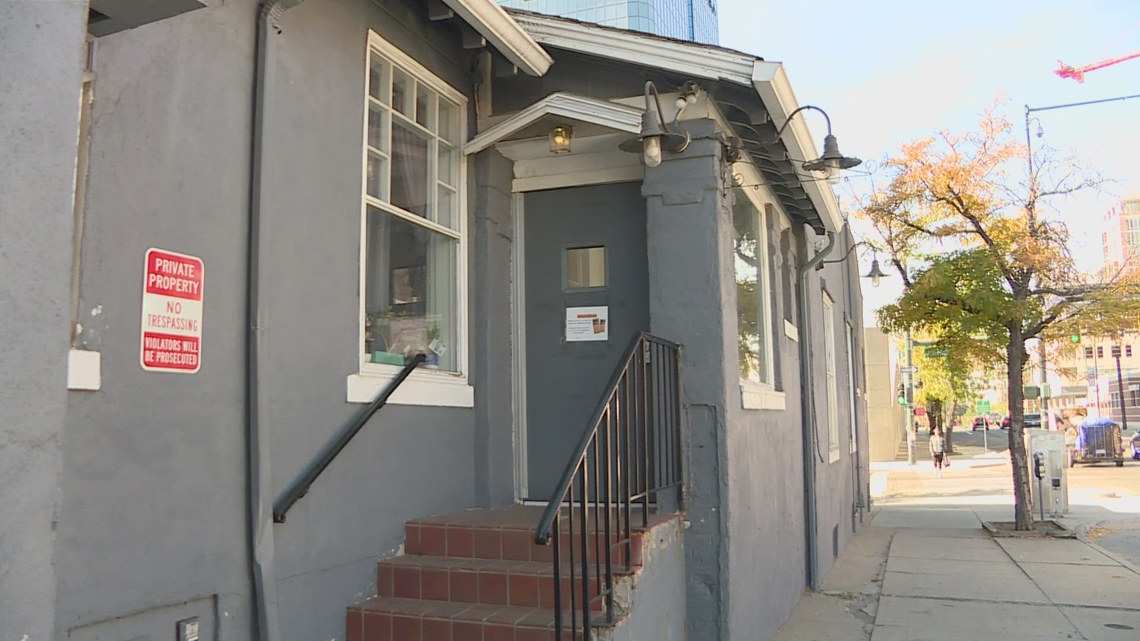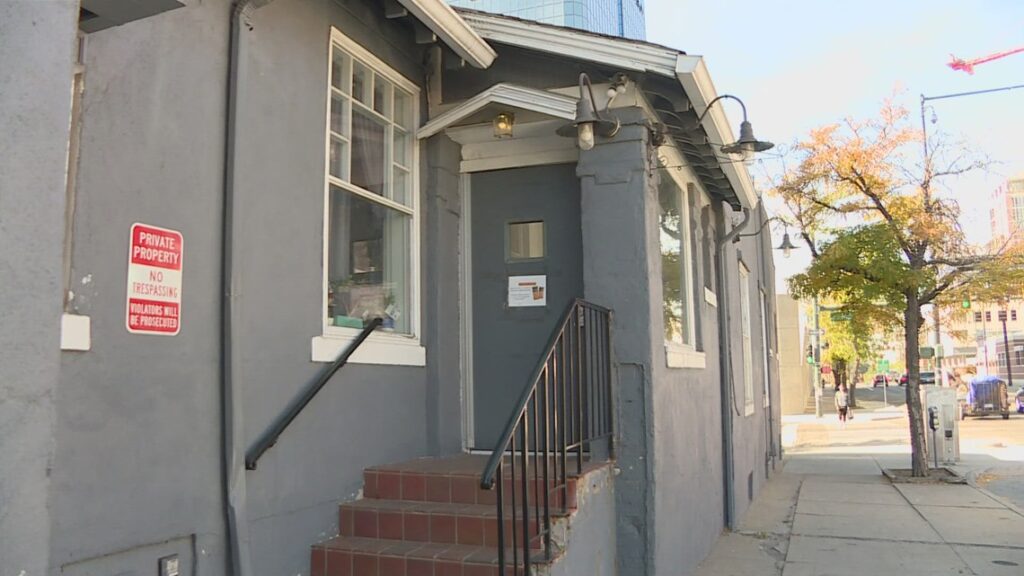
The proposal looks at changing an ordinance from 1997.
DENVER — Under a 1997 city ordinance, needle exchange programs in Denver cannot be closer than 1,000 feet from schools and daycares. The ordinance also limits the city to opening no more than three programs.
Councilmembers Serena Gonzales-Gutierrez and Sarah Parady have proposed a change to the 1997 ordinance to remove the 1,000-foot restriction and the three-program limit. During a presentation on Monday, the councilmember said the city needs to update its syringe service program ordinance to reflect current evidence and reduce barriers.
Needle exchange programs allow people who use drugs to trade dirty syringes for clean ones.
The largest needle exchange program in the state, Harm Reduction Action Center (HRAC), is currently operating on the corner of 8th and Lincoln in Denver. People struggling with addiction have come to these doors more than 20,000 times this year for help. HRAC is looking for a new space because its lease is up next year, and the program cannot afford to buy the building.
The 1997 ordinance, according to HRAC’s executive director Lisa Raville, is making it difficult to find a new location.
“This is archaic, and we need to get rid of that ordinance,” Raville said. “We’re currently in our fourth location. We are needing to move due to gentrification on Lincoln Avenue.
HRAC was awarded funding from the Denver Opioid Abatement Council in August 2023. Its current lease expires in 2025, and their contract to spend these funds does as well.
HRAC is one of three needle exchange programs in the city. Access Point with Colorado Health Network serves 2,000 people per month. Lifepoint with Vivent Health operates two mobile vans in the city and travels to individual requests and encampments.
All three of the current needle exchange programs are already operating within 1,000 feet of schools or daycare centers. They can do so under exceptions. Councilmembers Gonzales-Gutierrez and Parady said Denver Public Schools told them the schools near these sites have reported no issues.
Existing oversight requires needle exchange programs to have plans to facilitate community input and an active advisory board, a program staff liaison for communication with police and documentation of complaints.
Gonzales-Gutierrez told the Budget and Policy Committee she does not know how many more sites will be added if the three-program cap goes away.
“Right now, we are not aware of anybody wanting and that is because there is a three-step limit,” said Gonzales-Gutierrez. “So, nobody else has been out there saying we want to open up a site because there’s a limit.”
Questions and conversations about the proposal will continue for the next few weeks before any vote.










More Stories
Harris and Trump hold last Friday night rallies in battleground Milwaukee
Is the ‘food truck exclusion zone’ in downtown Denver actually helping to reduce crime?
Denver food trucks on the verge of closure amid downtown restrictions